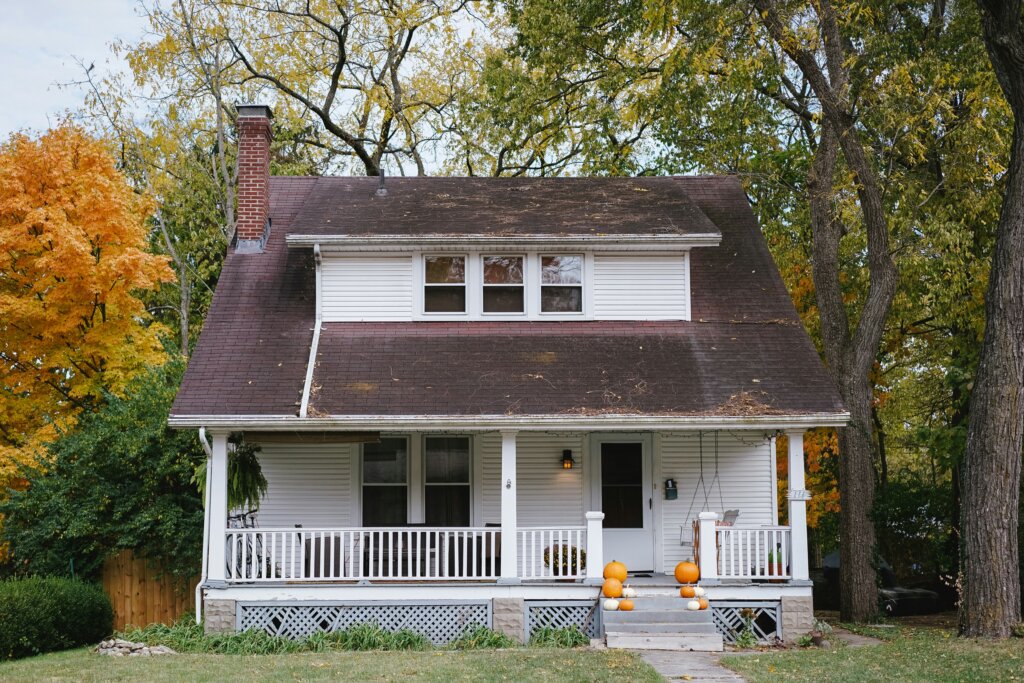The real estate market in Ontario presents various opportunities for buyers, each with its own set of advantages and challenges. Among these opportunities are cheap properties and wholesale properties. While both options can provide significant savings compared to traditional property purchases, they differ in several critical aspects. Understanding these differences is essential for prospective buyers to make informed decisions that align with their financial goals and risk tolerance. This article delves into the distinctions between buying a cheap property and a wholesale property in Ontario, exploring the nuances of each approach.

Definition and Overview
Cheap Properties
Cheap properties are typically those listed at lower prices compared to the average market value. These properties might be priced lower due to various reasons such as location, condition, size, or market fluctuations. Cheap properties can range from smaller homes and fixer-uppers that require significant renovation to homes in less desirable neighborhoods.
Wholesale Properties
Wholesale properties, on the other hand, are sold by investors or wholesalers who acquire properties at a substantial discount and then sell them quickly, usually below market value but above their purchase price. The wholesaler’s goal is to make a profit by selling the property at a slight markup. These transactions often happen off-market and involve properties that may need repairs or have other issues that make them less attractive to traditional buyers.
Acquisition Process
Buying a Cheap Property
The process of buying a cheap property is similar to that of purchasing any standard property. It involves searching through listings, possibly working with a real estate agent, and negotiating directly with the seller or through their agent. Buyers typically conduct a thorough inspection to understand the property’s condition and potential renovation costs. Financing can be arranged through traditional mortgage lenders, provided the property meets their criteria.
Buying a Wholesale Property
Purchasing a wholesale property involves a different process. Wholesalers usually identify distressed properties and negotiate a purchase price with the original owner. They then sell the contract to an end buyer (the investor) at a higher price. This process is often quicker and less formal, with fewer contingencies. Buyers need to be prepared to act fast and often need to have cash or hard money financing ready, as traditional mortgages can be more challenging to secure for these types of transactions.
Price and Value
Cheap Properties
Cheap properties tend to offer less immediate value. These properties are often priced lower than market averages due to location, size or other factors but usually are in line with other similar comparables in the market. The initial low purchase price can make these properties accessible to more buyers and make them more attractive to end users such as first-time home buyers or first-time investors.
Wholesale Properties
Wholesale properties are typically sold at a price below market value but higher than the price paid by the wholesaler. The discount reflects the need for repairs and the quick nature of the sale. While the initial price might be higher than a comparable cheap property, wholesale properties can still offer good value, especially for investors looking to flip the property or rent it out after renovations. The markup by the wholesaler is the premium paid for access to a property that might not be available through traditional listings.
Condition and Risk
Cheap Properties
The condition of cheap properties can vary widely. Some might be in relatively good shape but located in less desirable areas, while others might require extensive repairs. The main risks include underestimating renovation costs, overpaying for the property relative to its condition, and potential issues with the neighborhood that could affect long-term value.
Wholesale Properties
Wholesale properties are often distressed, needing significant repairs and updates. The risk is higher, as these properties may have hidden problems that were not disclosed by the original owner or detected during the initial inspection. Additionally, the quick turnaround expected in wholesale deals can pressure buyers to make rapid decisions, sometimes leading to overlooked issues. However, the potential for high returns exists if the property is renovated efficiently and sold or rented out at a competitive price.
Financing Options
Cheap Properties
Financing a cheap property is generally straightforward if the property is habitable and meets the lender’s criteria. Buyers can use conventional mortgages or other traditional financing options. It is essential for buyers to consider the total cost, including necessary repairs, when applying for a mortgage to ensure they have adequate funds.
Wholesale Properties
Financing wholesale properties can be more challenging due to their condition. Traditional lenders might be hesitant to approve mortgages for properties needing significant work. Therefore, buyers often resort to cash purchases, private money lenders, or hard money loans. These financing methods typically have higher interest rates and shorter repayment periods, reflecting the higher risk involved.
Market Dynamics
Cheap Properties
The market dynamics for cheap properties are influenced by broader economic conditions, neighborhood development, and housing demand. During economic downturns, more properties may be listed cheaply due to foreclosures and urgent sales. In contrast, in a booming market, cheap properties might be harder to find as overall prices rise.
Wholesale Properties
The wholesale property market is driven by the ability of wholesalers to identify and negotiate deals on distressed properties. This market can be less affected by general economic trends and more by local conditions, such as the prevalence of distressed sales and the activity of real estate investors. Wholesale properties can be available even in strong markets if wholesalers can secure good deals.
Legal Considerations
Cheap Properties
Buying cheap properties involves standard real estate transactions and is subject to the same legal requirements and protections as any property purchase. Buyers should conduct due diligence, including title searches, inspections, and ensuring compliance with local zoning laws.
Wholesale Properties
Wholesale transactions can be more complex legally. The wholesaler typically assigns the purchase contract to the end buyer, who then completes the purchase. Buyers need to ensure that the wholesaler has legal rights to assign the contract and that there are no legal issues with the property. It’s advisable to work with a real estate attorney experienced in wholesale transactions to navigate these deals.
Buying cheap properties and wholesale properties in Ontario offers different paths to potentially lucrative investments, each with its unique benefits and risks. Cheap properties can be ideal for buyers willing to hold the property for a longer period of time, often benefiting from lower initial costs and the possibility of significant value appreciation. Wholesale properties cater to investors looking for quick deals and are prepared to handle distressed properties, offering the potential for substantial profits if managed correctly.
Understanding the distinctions between these two types of property purchases is crucial. Prospective buyers should evaluate their financial situation, risk tolerance, and investment goals to choose the most suitable option. By doing so, they can make informed decisions and capitalize on the opportunities available in Ontario’s diverse real estate market.
If you’re searching for wholesale properties in Ontario, look no further than SLG Property Deals. Our expertise in identifying and securing below-market-value properties ensures that you’ll find the best opportunities for investment. Contact us today to discover how we can help you achieve your real estate goals with our exclusive wholesale property offerings.
